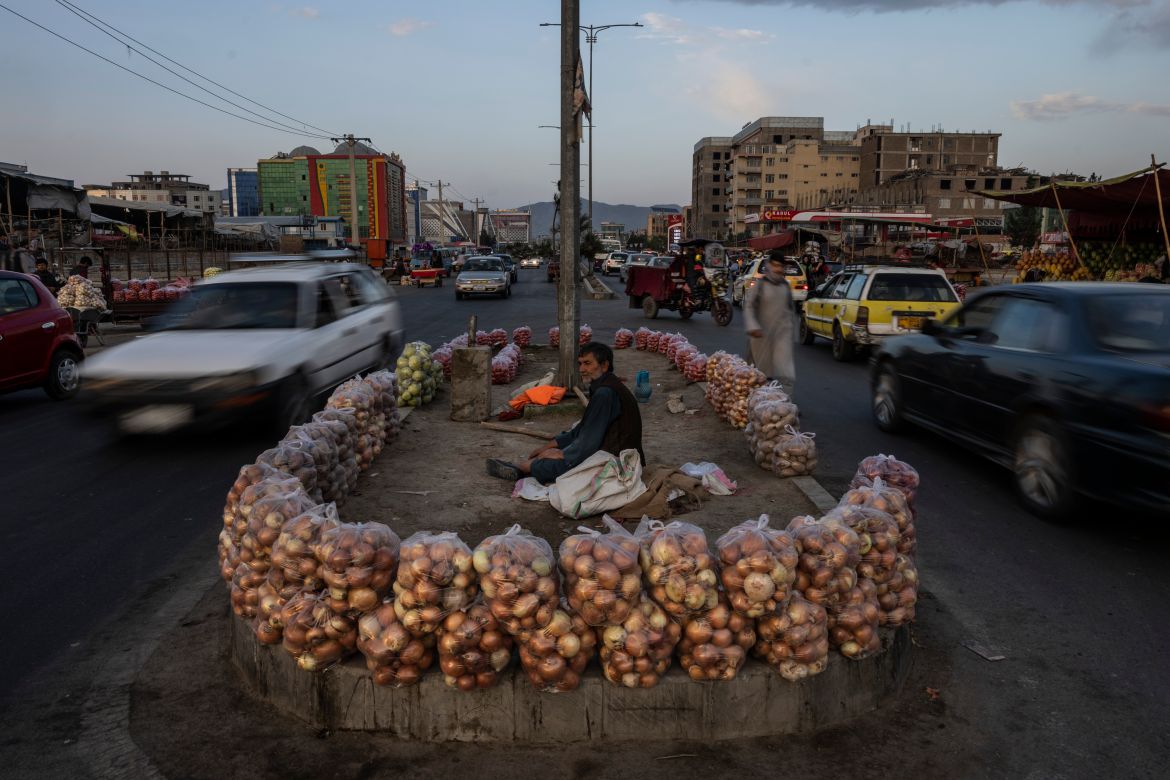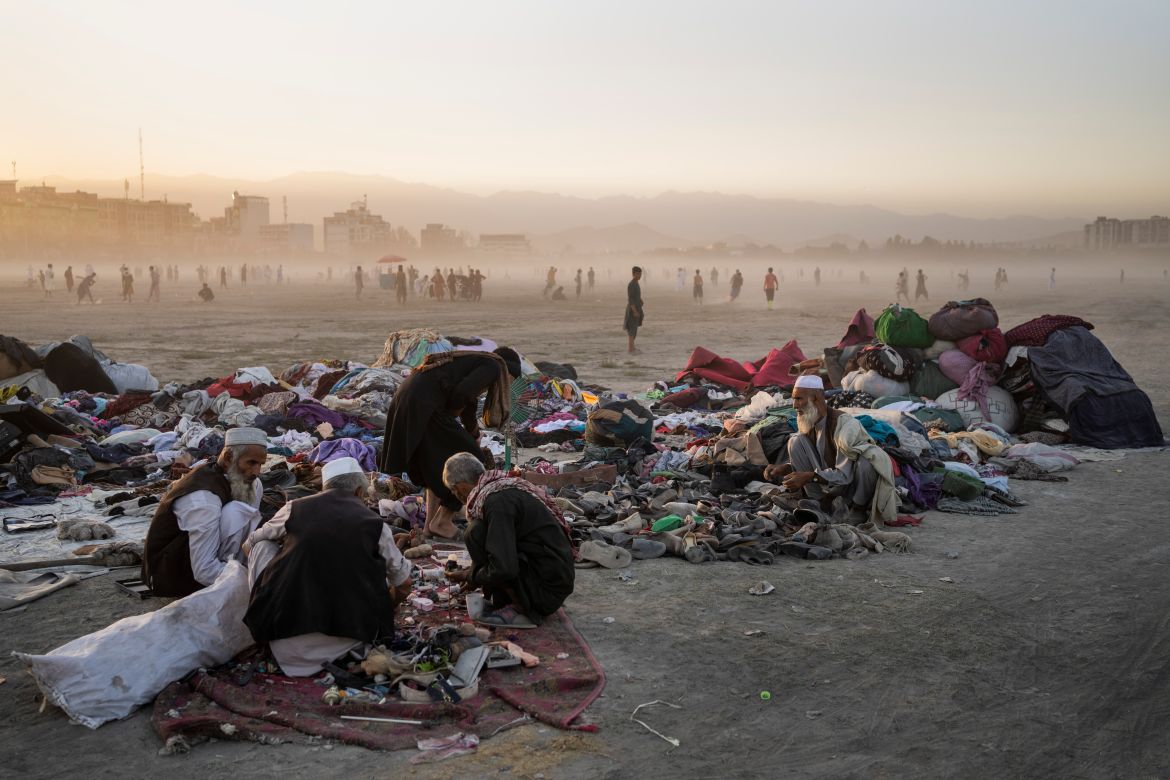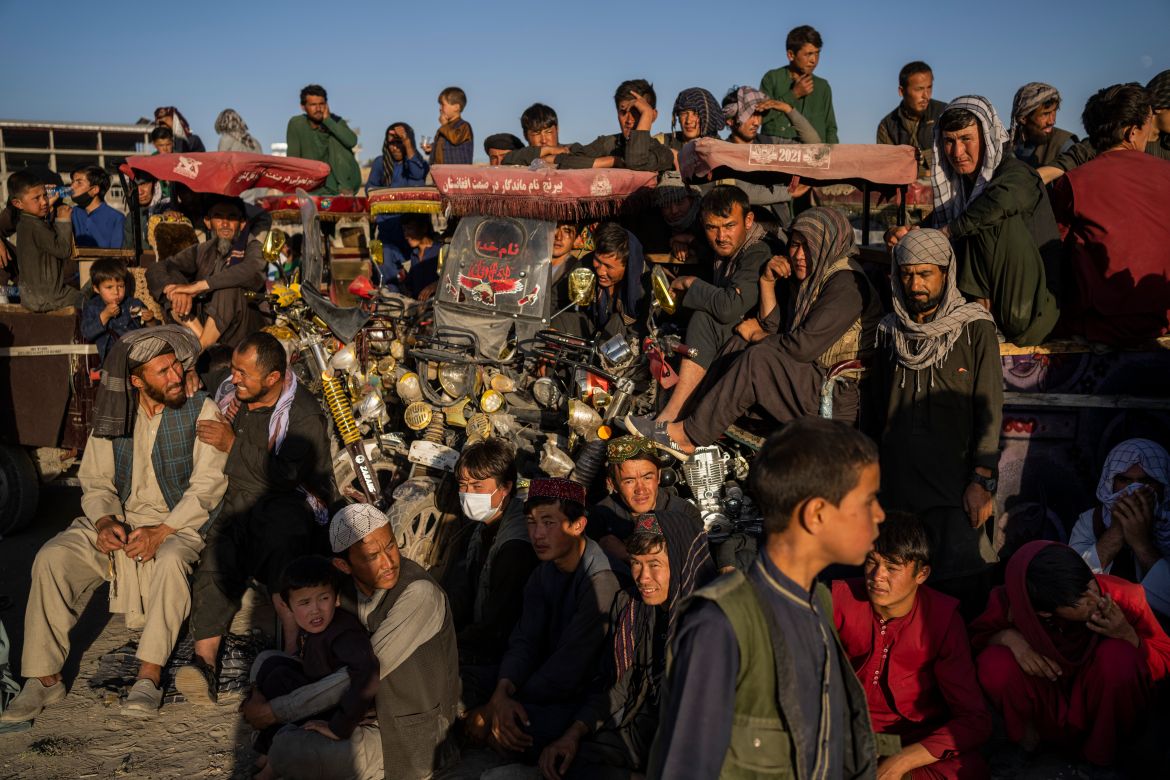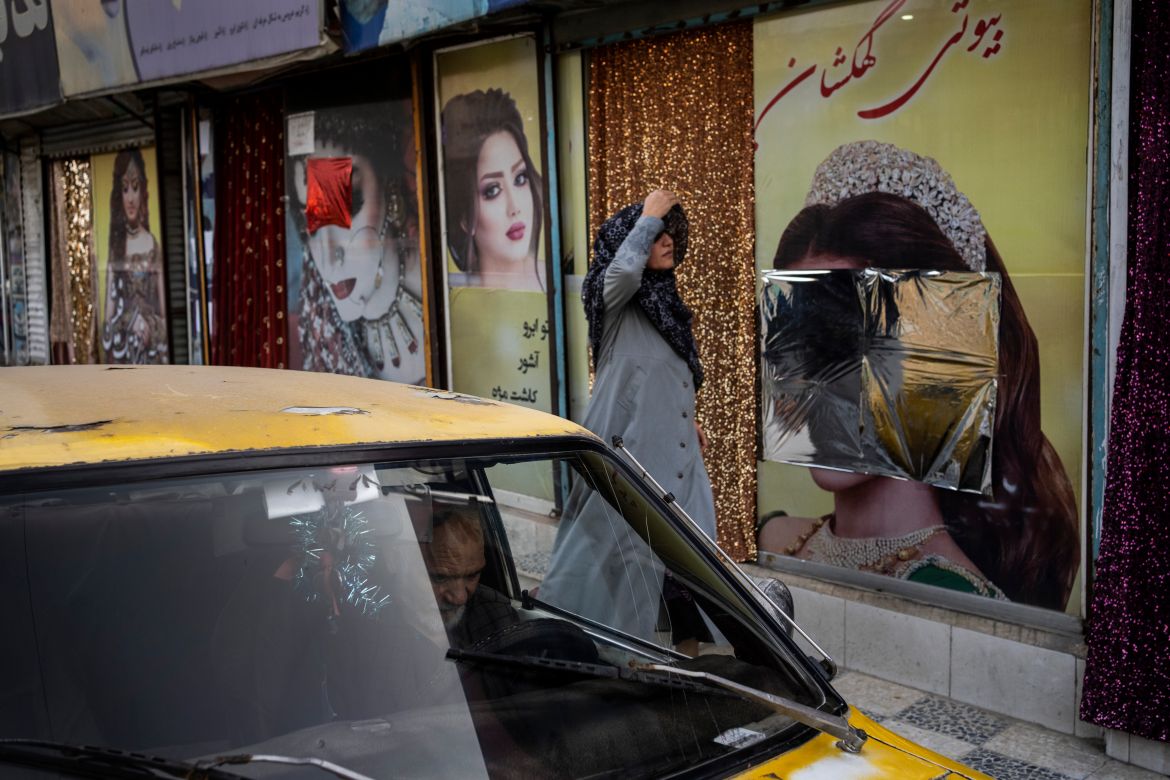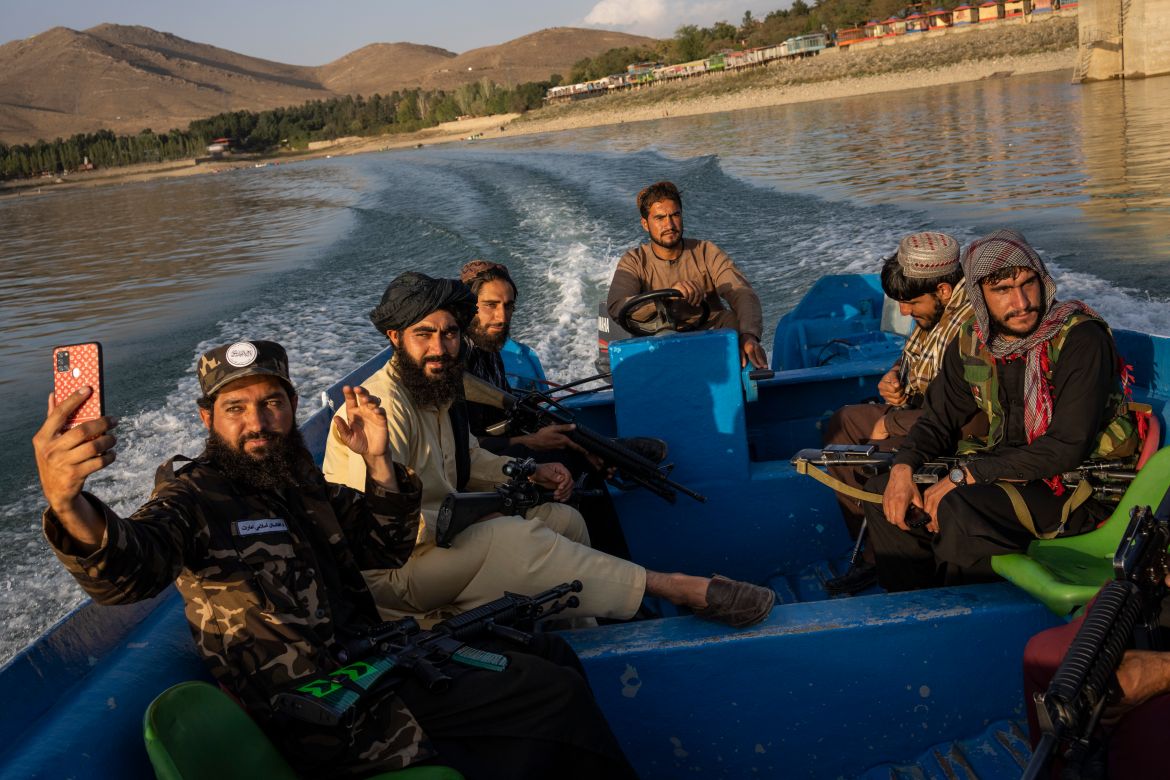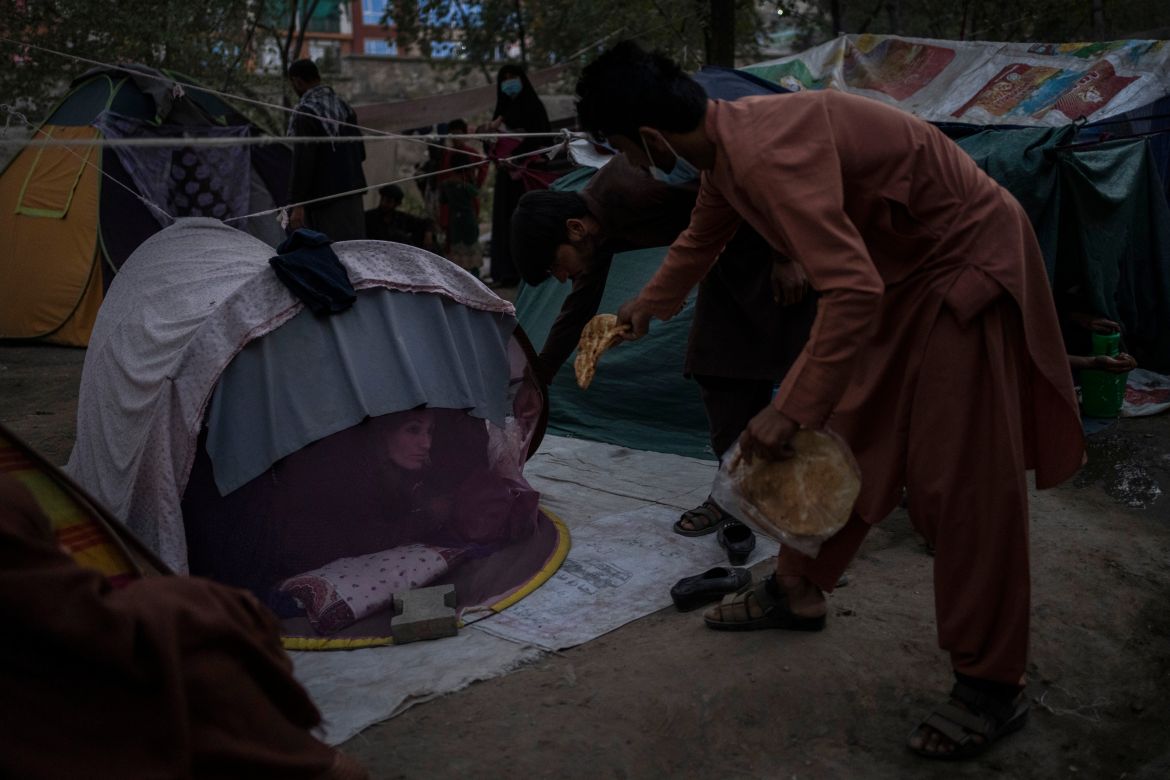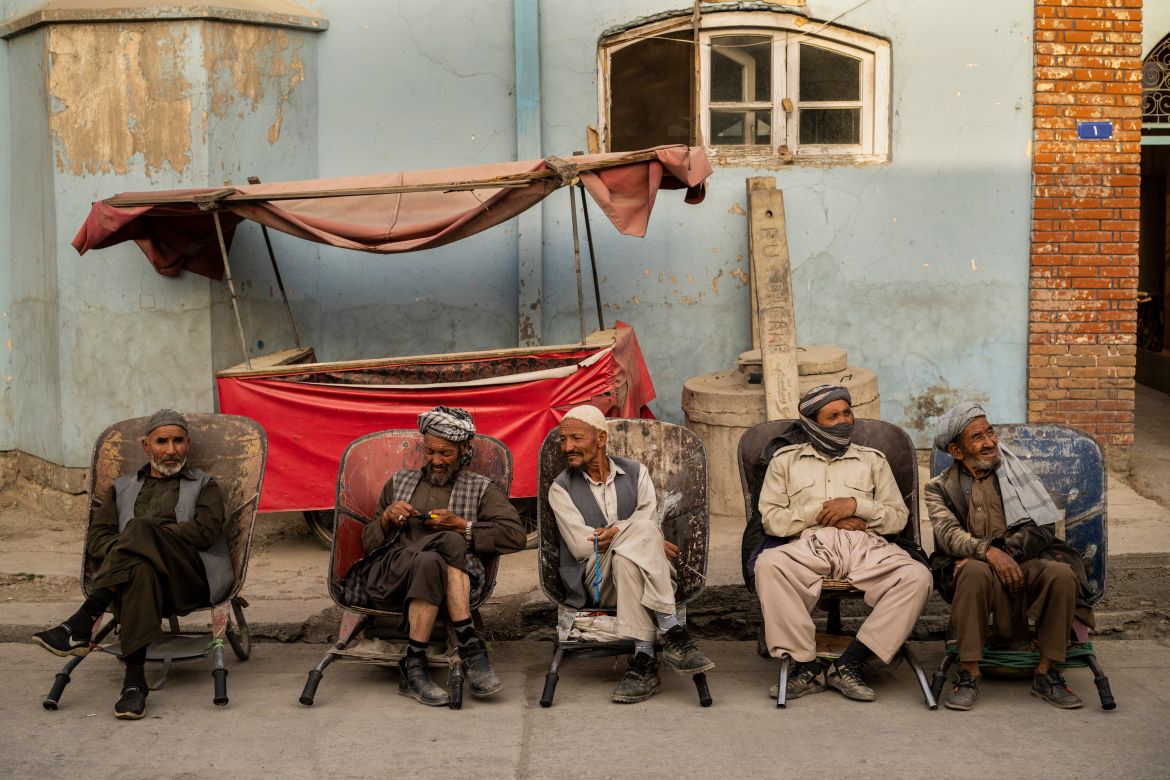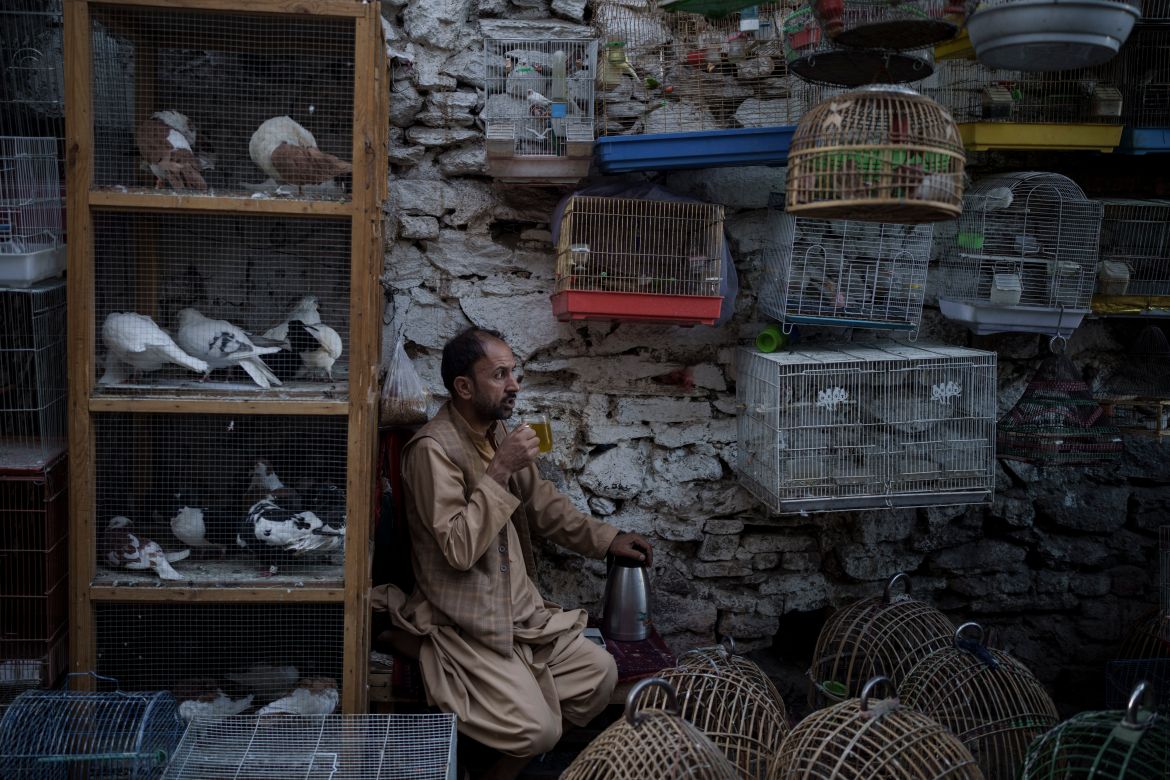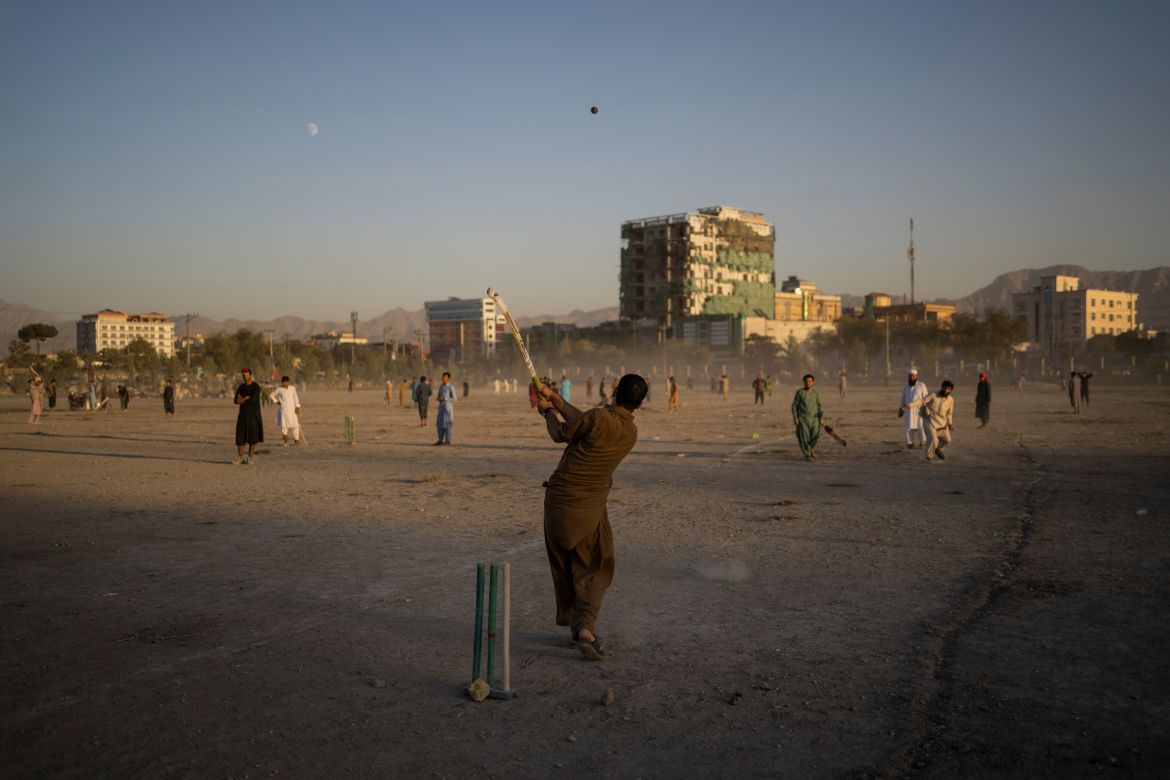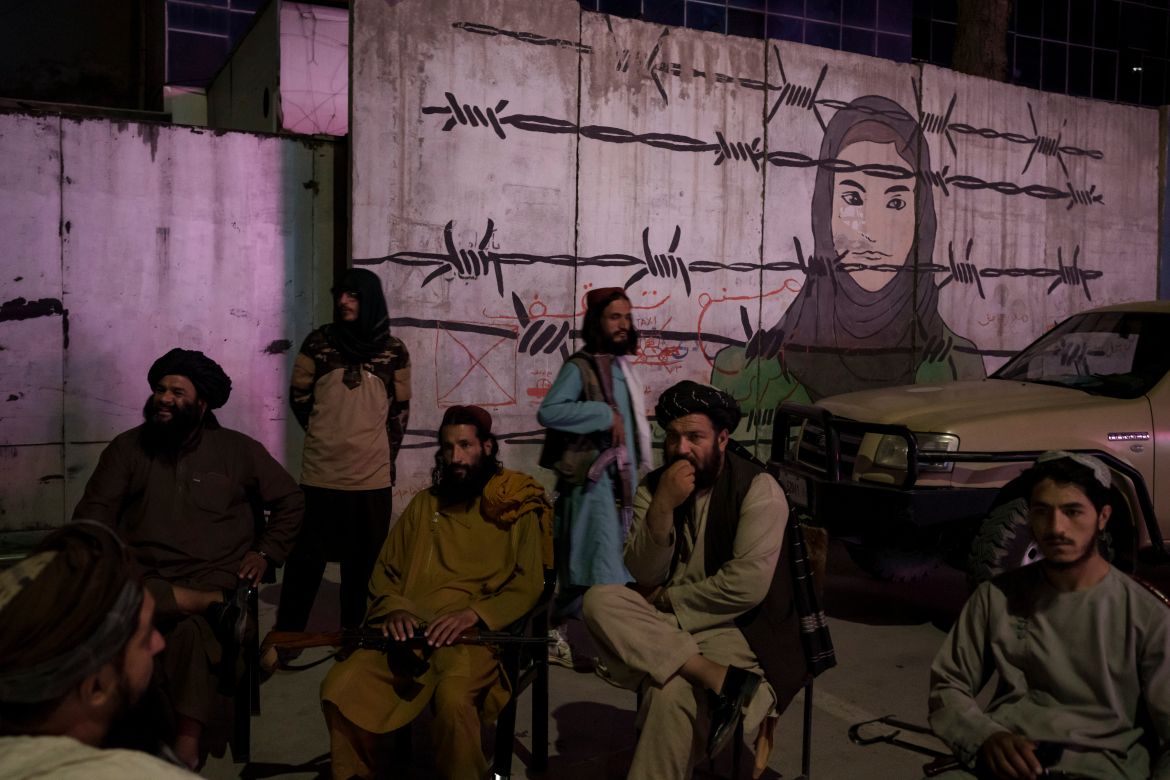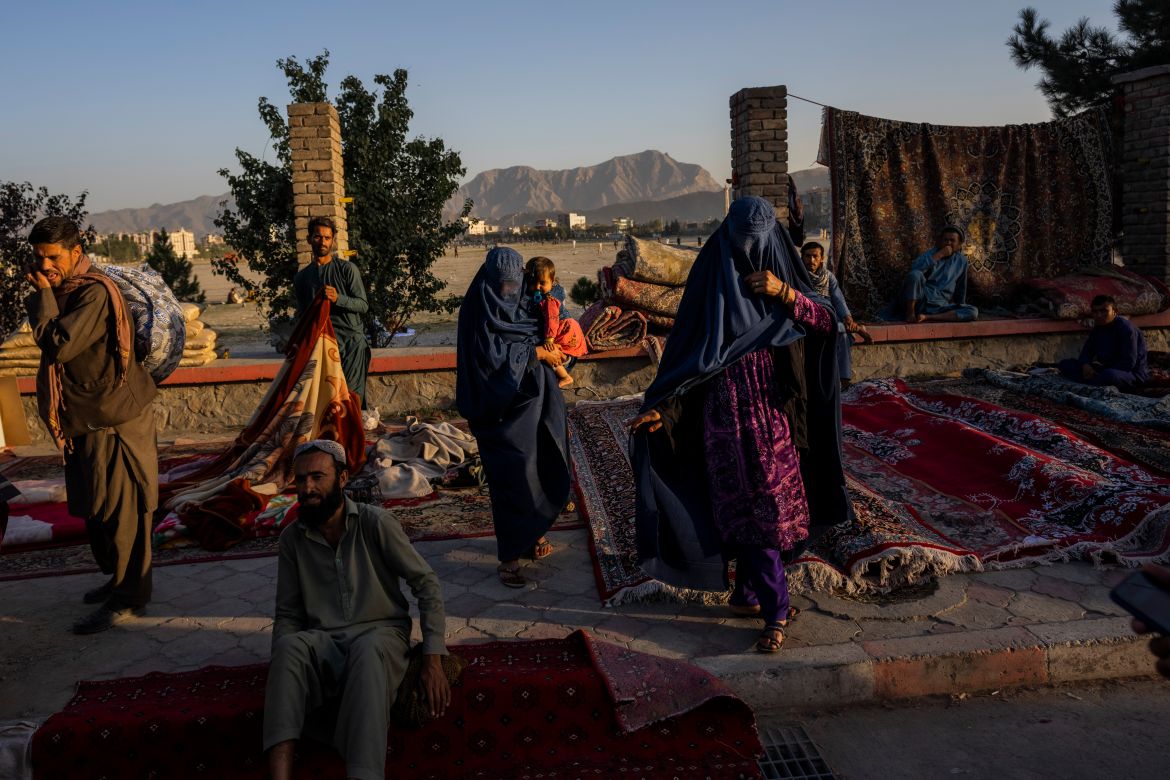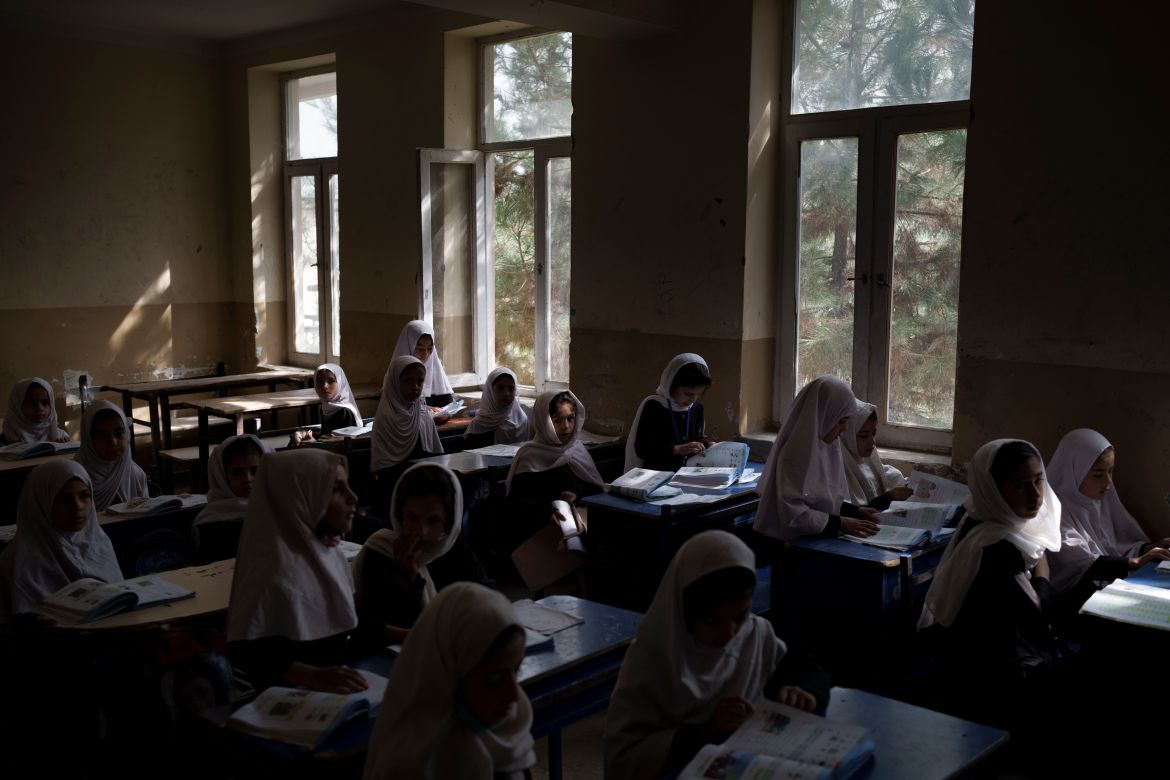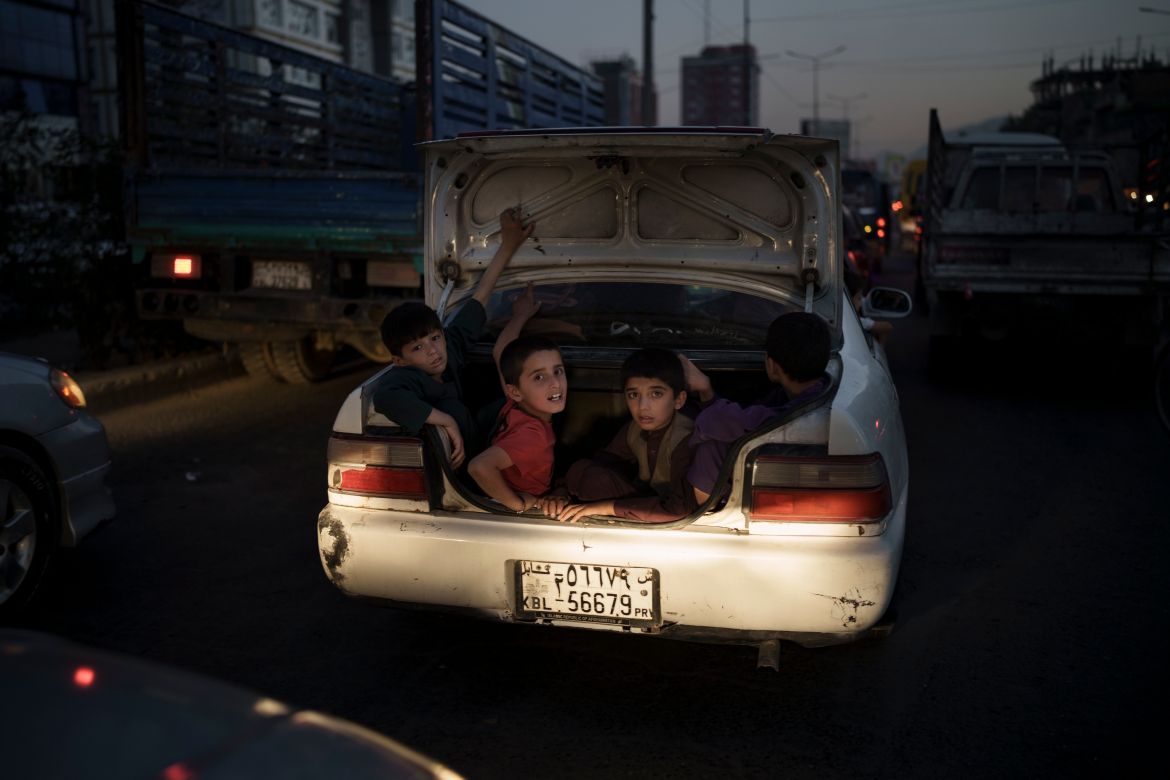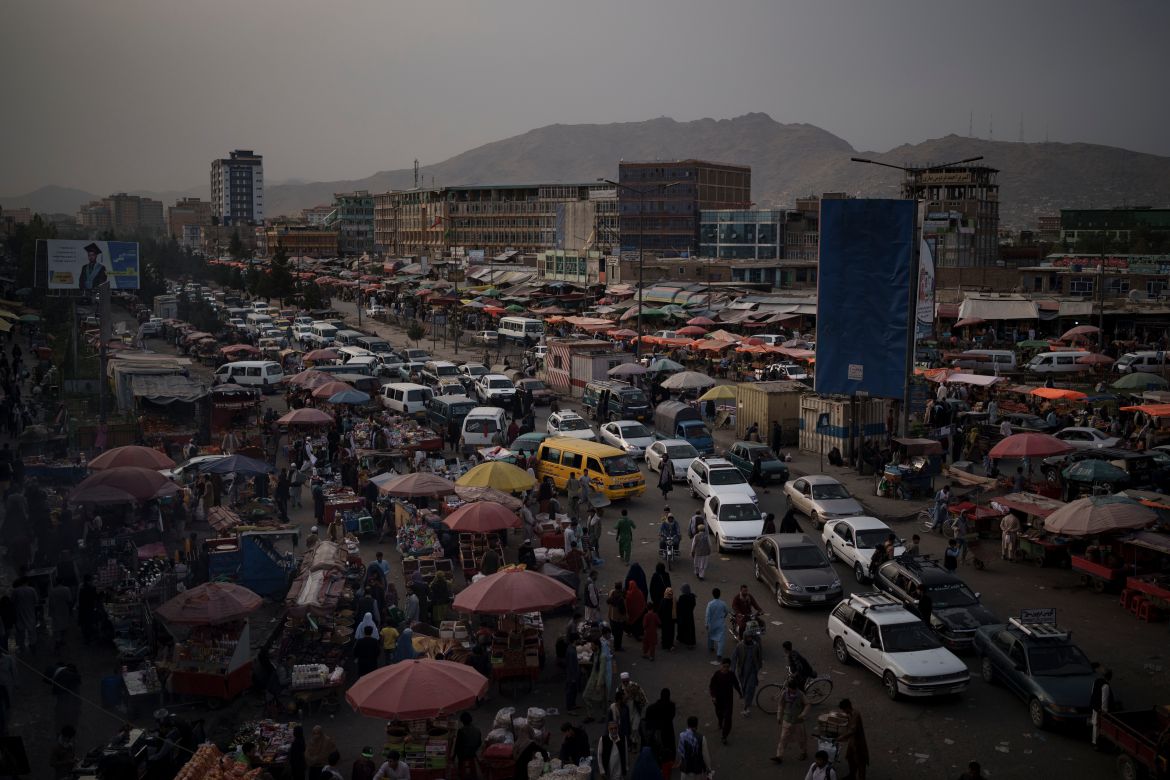In Pictures
In Kabul, life changing slowly under Taliban
Noisy traffic returns to Afghan city’s streets and men can be seen playing cricket but there are subtle changes under way.

Life in Kabul has changed in the six weeks since the Taliban swept into the Afghan capital – just not all at once.
Some things that remain the same: Traffic is back to a noisy, congested snarl. The young men still play cricket and watch traditional wrestling matches in the city’s Chaman-e-Hozori Park. Under their previous rule, the Taliban banned many sports, but so far have not done so this time.
Many women seemed to stay off the streets in the days after the August 15 takeover, but in the weeks since, more and more are appearing back in public, some in longer coats and headscarves, some in the all-covering burqa, which has been worn traditionally by many in Afghanistan regardless of the Taliban.
One woman on a recent day passed a row of beauty salons, where some advertisements on the windows had been defaced or covered to scratch out images of women, but some of the ads were untouched.
It is emblematic of the in-between place where Kabul resides for the moment. Will the hardline Taliban impose the harsh restrictions it did when it ruled in the 1990s, or will there be some margins of flexibility?
Photos of all living things, even animals, were banned under their previous rule. So far that has not happened, but it is still unknown how far the Taliban themselves have decided to go.
Women are already feeling restrictions. Female employees in the Kabul city government have mostly been told to stay home, and high school girls have not been allowed back to class.
One subtler visual change: Fewer men are seen wearing Western dress. Government employees were the ones who most often wore Western-style clothes, and they have now switched over to the traditional shalwar-kameez combination of long shirt and baggy pants.
The most obvious change is the presence of the Taliban members themselves. Taliban fighters directing traffic or manning the many checkpoints have largely put on blue camouflage uniforms, giving them a more official air. But many other fighters wear the shalwar kameez. Most have never been to Kabul in their lives.
On one evening, fighters sat guarding a building where Taliban members are being housed. Behind them on the blast walls, an old mural depicted a woman behind barbed wire, originally painted to comment on the harshness of war. On another day, a group of Taliban fighters, cradling their automatic weapons, enjoyed a day boating on a lake near Kabul, talking about how strange life was for them in this city.
Other signs show the growing economic desperation. The economy was already deteriorating before the Taliban came, with more than 55 percent of people living below the poverty level. Now after the takeover, it is crumbling fast, with the United Nations warning 97 percent could be below the poverty level by the end of the year.
Makeshift markets have appeared everywhere, stocked with furniture and household goods as people sell off what they can. At one, women picked around rugs for sale. Another on the fringes of Chaman-e-Hozori Park was poorer, with old men peddling piles of old clothes. Districts with upscale restaurants and shops are emptier. Everyone talks of leaving the country.
At a camp of internally displaced people, food donations are distributed. Soot-covered men working at a brick factory say they are still producing, but fewer people are buying. As men line up for prayers on Friday, a little girl sits in front them, hoping to make some money shining shoes.
As night fell, a woman crossed the street holding the hands of a little girl and boy, the lights of Kabul dotting across the hills behind them.
